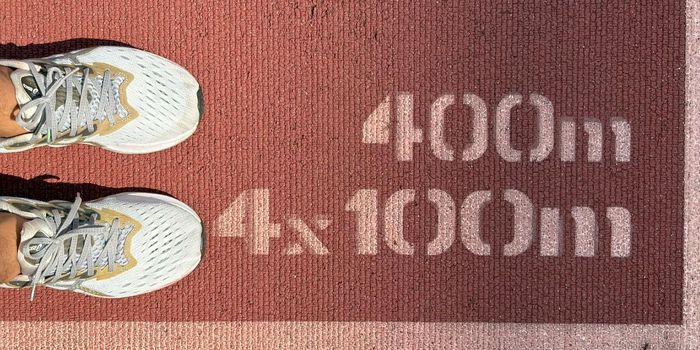The Challenge of Diagnosing Cannabis Use Disorder
A multidisciplinary research team from Rutgers University published a commentary in JAMA Psychiatry to advocate for clarification of how medical professionals diagnose cannabis use disorder. The Diagnostic and Statistical Manual (DSM V) of Mental Disorders defines cannabis use disorder as a problematic consumption pattern that leads to physical symptoms, significant impairment, or distress. Clarifying the diagnostic criteria and process would help support people who use medical cannabis and may be at risk for cannabis use disorder.
The DSM V guides the identification of substance-use disorders before the increase in state-level legalization of medical cannabis. The diagnostic manual categorizes cannabis as an illicit substance, whether consumption is medical or recreational.
The researchers recommended that the diagnostic manual acknowledge the use of cannabis for therapeutic purposes since many consumers use it for medicinal purposes to avoid misdiagnosis. Current cannabis policy raises other challenges, such as variation in standard doses due to different modes of cannabis consumption (vaping, tinctures, edibles, etc.), vague or no dosing guidelines for specific health conditions, and the need for better regulation of cannabis products. There is also limited or mixed evidence on the therapeutic effects of cannabis.
The manual’s diagnosis of cannabis use disorder requires an individual to meet only two or more of the 11 criteria. These criteria might include only increased tolerance for cannabis and withdrawal symptoms commonly reported by individuals who use cannabis for therapeutic reasons. People who say these two criteria would technically meet the requirements for a cannabis use disorder diagnosis, but two symptoms alone may not indicate a substance abuse problem.
The research team proposed a model that would consider the nuances of medical cannabis consumption. They suggest that tolerance to cannabis effects and withdrawal symptoms cannot be the only two criteria used to determine if an individual shows impairment in daily activities. In addition, they advised that if two or more other symptoms exist, then the standard model of diagnosing an individual with cannabis use disorder can still be used.
Our suggested model reflects the one used to diagnose substance use disorder in an individual prescribed medication, such as opioids or sedatives. The DSM manual uses different guidelines for diagnosing substance use disorder for prescription medication and for an illicit substance. Such an approach could help avoid misdiagnosis among individuals who use cannabis only or mainly for therapeutic purposes under appropriate medical supervision.
It is essential to clarify the cannabis use disorder diagnosis because there are limitations to the criteria used to diagnose cannabis use disorder when applied to people who use cannabis for therapeutic purposes. Specific training in assessing the requirements in the context of an individual who uses cannabis for medicinal purposes could improve the validity of cannabis use disorder diagnoses.
Sources: Eureka News Alert, JAMA Psychiatry








